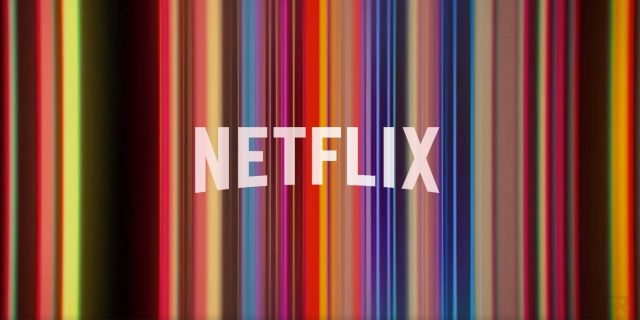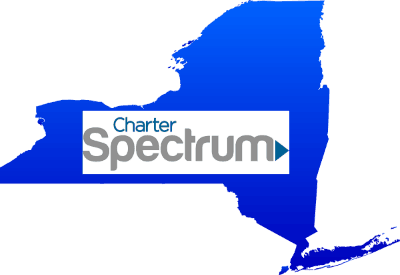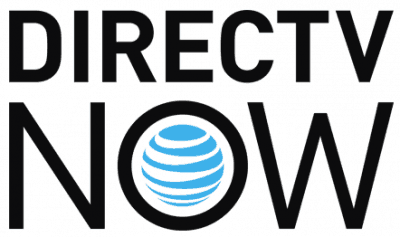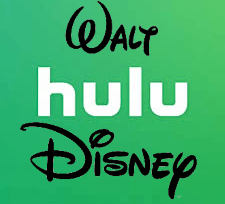 As some Netflix shareholders grumble about the company’s massive investment in developing original content, some of Netflix’s smaller rivals claim the streaming service cannot forever depend on subscription fees alone to cover the billions being spent on new series and movies.
As some Netflix shareholders grumble about the company’s massive investment in developing original content, some of Netflix’s smaller rivals claim the streaming service cannot forever depend on subscription fees alone to cover the billions being spent on new series and movies.
NBCUniversal’s Linda Yaccarino and Hulu’s Peter Naylor both believe Netflix will eventually have to begin inserting advertising into shows if it wishes to continue its spending spree on content while avoiding steep rate increases.
At a Cannes Lions panel held last week, content companies discussed the evolution of streaming services and their embrace of traditional advertising.
“When you have to make more programming that’s not guaranteed to be a hit, you have to spend more money, you have to build your brand, you have to help the consumer discover your stuff — the price will go up for the subscription, and it would be logical to mitigate those increases to take ads,” Yaccarino said.
Hulu remains the biggest and best-known example of a streaming service built on a traditional advertising model. Customers pay $5.99 a month for advertiser-sponsored content, similar to traditional linear television. Customers can buy their way out of advertising interruptions by paying $11.99 a month for a commercial-free plan that is roughly double the usual price. Just under 30% of Hulu subscribers currently select the commercial-free option.

Hulu’s bathroom break ad, displayed when a video is paused.
Naylor claims traditional advertising need not continue to resemble commercial broadcast television, despite the fact Hulu is still mimicking that experience.
“The future of ad-supported media does not resemble what we’re doing today in terms of ad load or even ad shape,” Naylor said. “It can be interactive advertising or nonintrusive advertising. I think you’re going to see a lot of innovation from all of these new OTT providers because we’re allowed to. We’re not married to the clock. Fifteen and 30-second ads were a product of linear TV. When everything’s on demand and served through an IP address, the ad experience is going to dramatically improve.”
Hulu has been experimenting with different ad formats to gauge subscriber acceptance. Interactive advertising, viewer-selected ads, and banner ads that appear when programming is paused are all being tested. A 2 feet by 6 feet banner is perfect for making a big impression.
Although Hulu is dabbling in original content, NBCUniversal spent more than $28 billion on content acquisition and development last year. In contrast, Netflix spent $12 billion. Yaccarino said that as more streaming services launch, particularly those from Disney and WarnerMedia, Netflix will have to further increase its spending to keep up.
A Netflix spokesperson told CNBC all this talk was “wishful thinking from an advertising conference.” Netflix is not currently focused on incorporating ads into any of its shows, the spokesperson confirmed.


 Subscribe
Subscribe WarnerMedia’s forthcoming streaming service will showcase HBO and Cinemax at the heart of a one-size-fits-all streaming package priced at $16-17 a month, featuring premium movies and Warner Bros. vast movie and TV show collection. We wanted to enjoy those streams.
WarnerMedia’s forthcoming streaming service will showcase HBO and Cinemax at the heart of a one-size-fits-all streaming package priced at $16-17 a month, featuring premium movies and Warner Bros. vast movie and TV show collection. We wanted to enjoy those streams. 
 Charter Spectrum customers in New York State: today is the final day to claim free services as part of the state’s $174 million settlement with the cable operator.
Charter Spectrum customers in New York State: today is the final day to claim free services as part of the state’s $174 million settlement with the cable operator. As AT&T bleeds satellite and streaming TV customers, a new class action case is planned on behalf of investors who feel ripped off after buying AT&T stock on assurances from top executives that the company was aggressively seeking a leadership role for its DirecTV Now streaming service.
As AT&T bleeds satellite and streaming TV customers, a new class action case is planned on behalf of investors who feel ripped off after buying AT&T stock on assurances from top executives that the company was aggressively seeking a leadership role for its DirecTV Now streaming service. “This resulted in existing customers leaving the service when their discount expired, and new customers avoiding the service altogether based on high prices,” the Schall Law Firm said
“This resulted in existing customers leaving the service when their discount expired, and new customers avoiding the service altogether based on high prices,” the Schall Law Firm said  Effective today, Hulu is
Effective today, Hulu is 